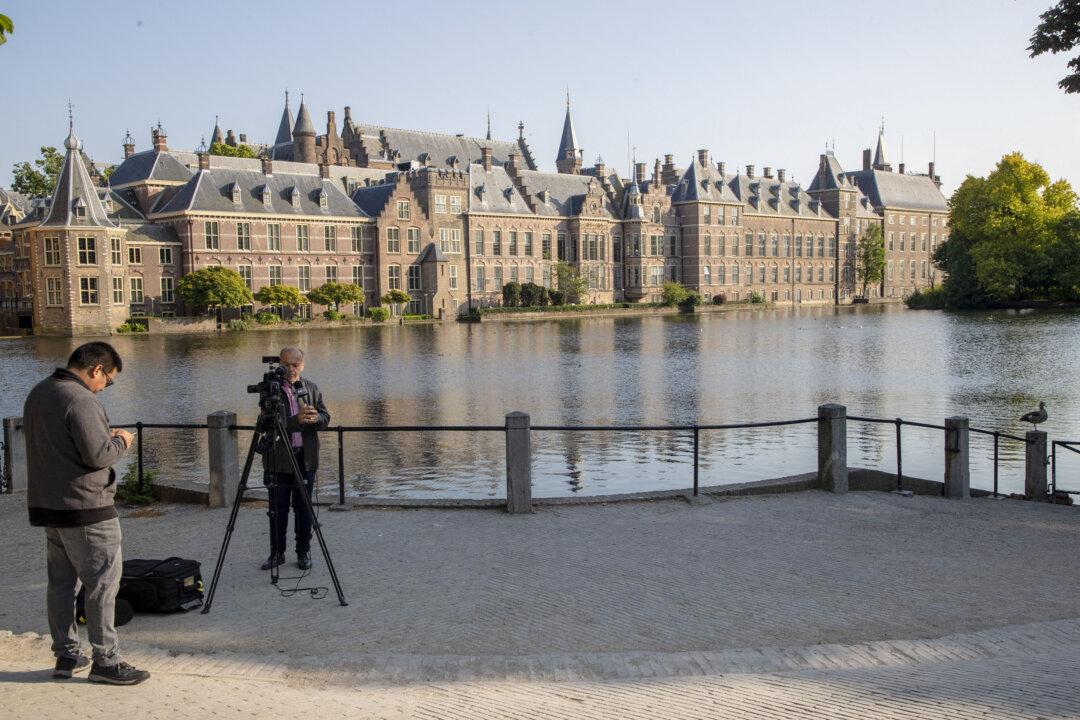Dutch Prime Minister Dick Schoof said that he had “critical conversations” with China’s visiting vice premier about chipmaking equipment supplier ASML and human rights on Jan. 24.
Observers have said that the Dutch government is unlikely to loosen export control of ASML equipment for semiconductor chips to China as the human rights conditions aren’t expected to improve under its ruling regime, the Chinese Communist Party (CCP).




